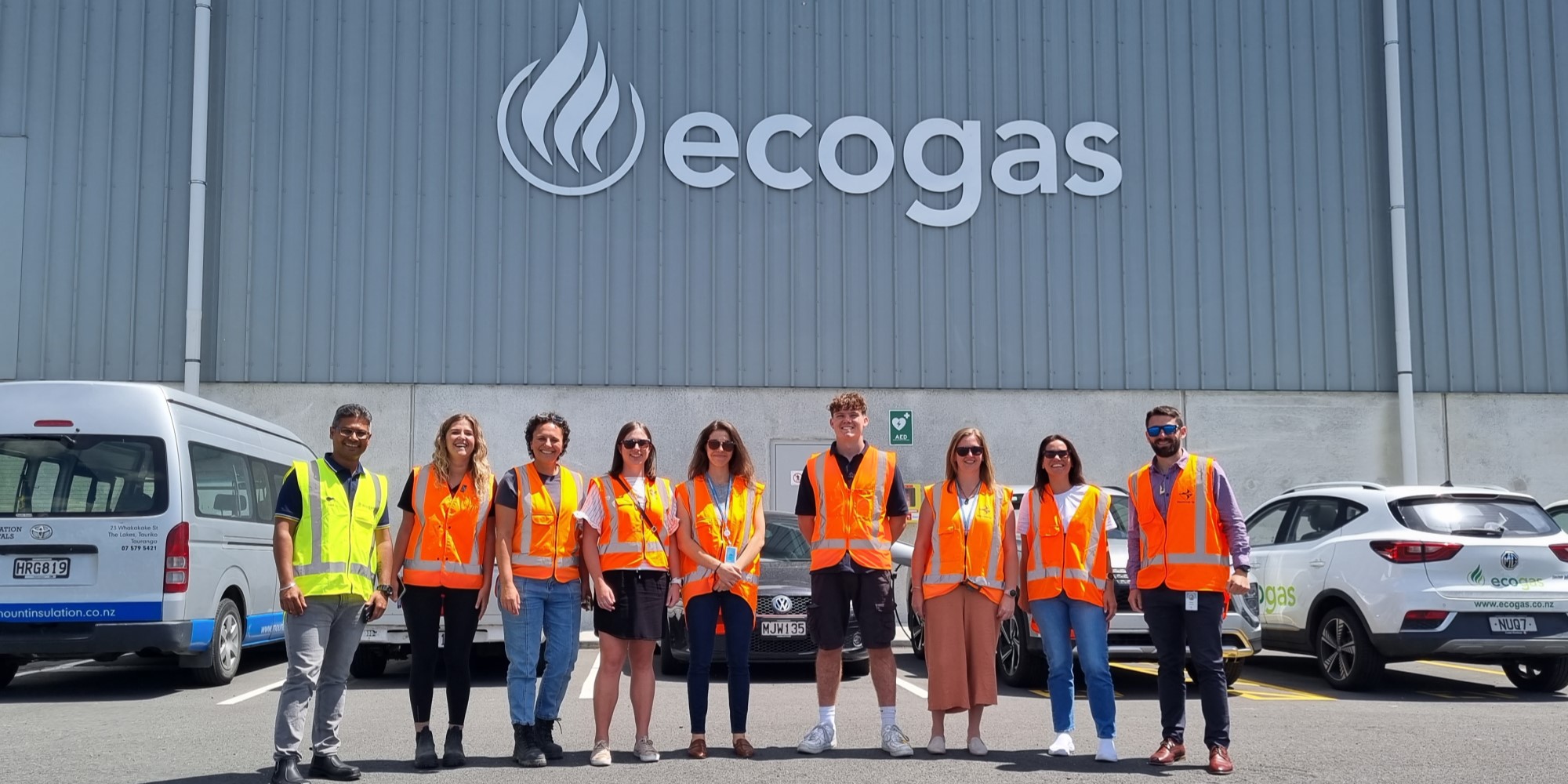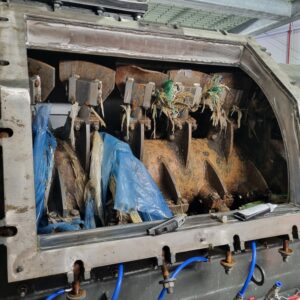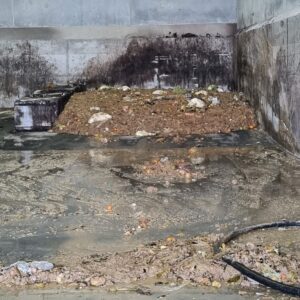Latest News

In September 2022, New Zealand made a giant leap towards sustainability with the launch of its first large-scale food waste-to-bioenergy facility in Reporoa. Operated by Ecogas, the facility is committed to repurposing non-edible food waste into renewable energy, CO2 and organic fertiliser.
Marissa Nikora, Sustainability Lead at Priority One, visited the facility and praised its advanced technology, and says “This a shining example of how the circular economy can turn waste into a valuable resource. By generating renewable energy, CO2, and organic fertiliser, Ecogas is making a tangible difference towards a greener future for the Bay of Plenty.“

The Ecogas facility has the capability to transform 75,000 tonnes of organic waste, collected from businesses and households throughout the North Island, into renewable energy, CO2, and organic fertiliser. Using anaerobic digestion, a technology proven effective in other countries, the facility will supply enough renewable gas into the gas network equivalent to 9000 households or businesses, provide clean bio-fertiliser for around 2000 hectares of local farmland, and even supply renewable CO2 and heat to reduce the carbon footprint of tomato growing at local glasshouse.
Anaerobic digestion has several sustainability benefits, such as diverting organic waste from landfills, reducing methane emissions, conserving resources, and producing low-carbon fertiliser. The anaerobic digestion process occurs in a digester tank where microorganisms break down organic matter to produce biogas, which can be used as a renewable energy source.

“At Ecogas, we believe in creating a sustainable future where waste is transformed into a valuable resource,” said a representative from Ecogas. “Our food waste-to-bioenergy facility in Reporoa is a prime example of this vision, and we’re dedicated to expanding our services to help more businesses adopt sustainable practices.“
Ecogas is working with local businesses to direct food waste to the facility instead of landfills. The company aims to expand its food waste collection services in Tauranga, offering a full-circle solution of transforming waste into energy, biogas, and fertiliser. With a focus on sustainability and innovation, Ecogas is set to lead the way towards a cleaner, greener future in New Zealand.
Priority One continues to deliver the Environmental Sustainability Action Plan which includes looking at ways to bring businesses together to collaborate on sector plans around waste and circular economy. If you are a food or beverage business wanting to learn more about how Priority One can support you, get in touch with Marissa: marissa@priorityone.co.nz.
To learn more about the facility and the work of Ecogas, visit their website at www.ecogas.co.nz.
